Respiratory therapy training: Experience report by training manager Evelyne Kernen from LIKA Fachschule - we are characterized by individual support and the teaching of meridian theory
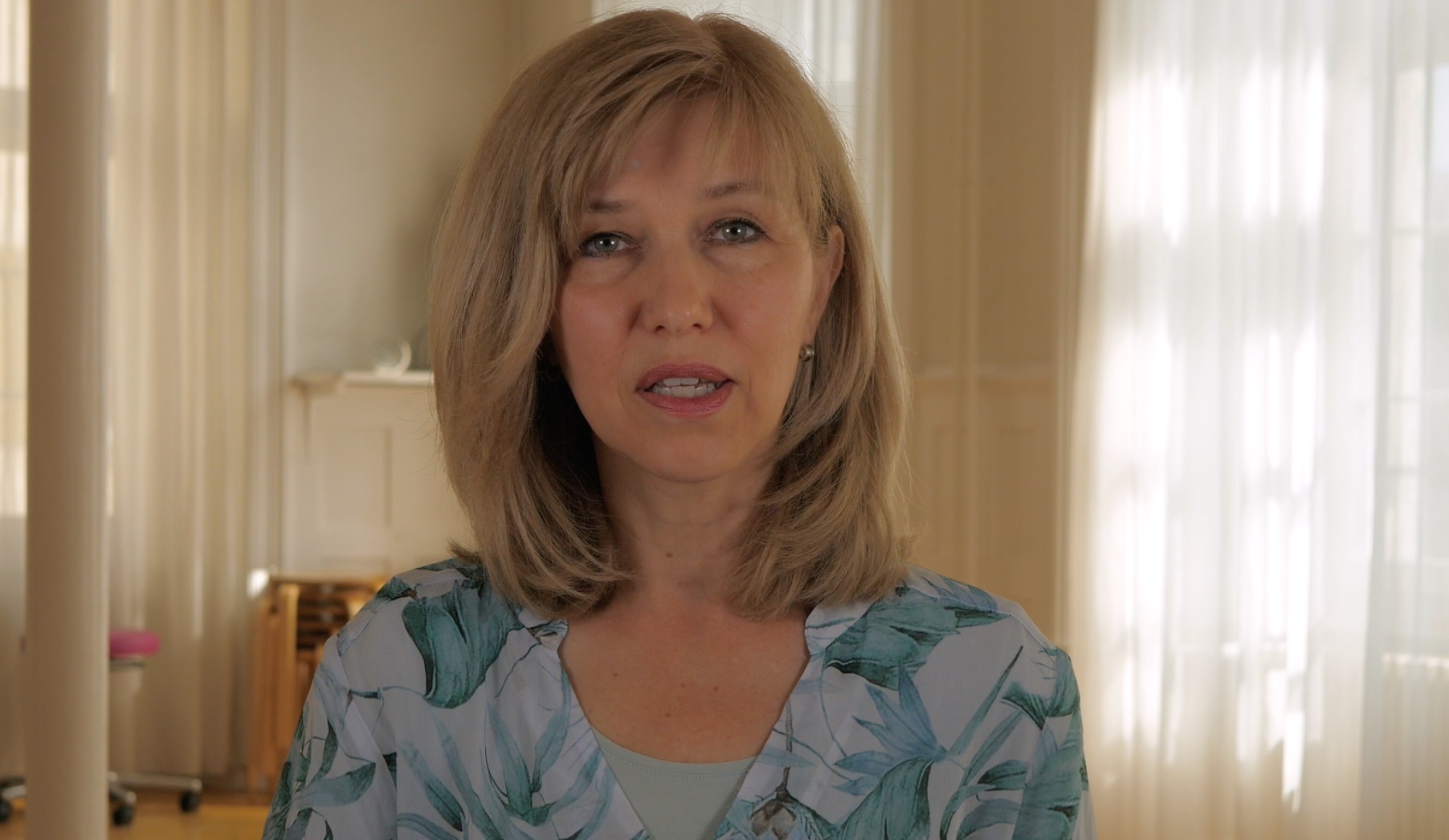
Technical college
Please tell us about yourself and your career to date.
I am Evelyne Kernen. I am the training manager at LIKA Fachschule - mainly for the respiratory therapy training, but also for all other training courses offered. I originally completed a basic commercial apprenticeship. Through later training in naturopathic therapy, I finally came to the field of respiratory therapy. I have been working as a respiratory therapist with my own practice in Baden for 20 years.
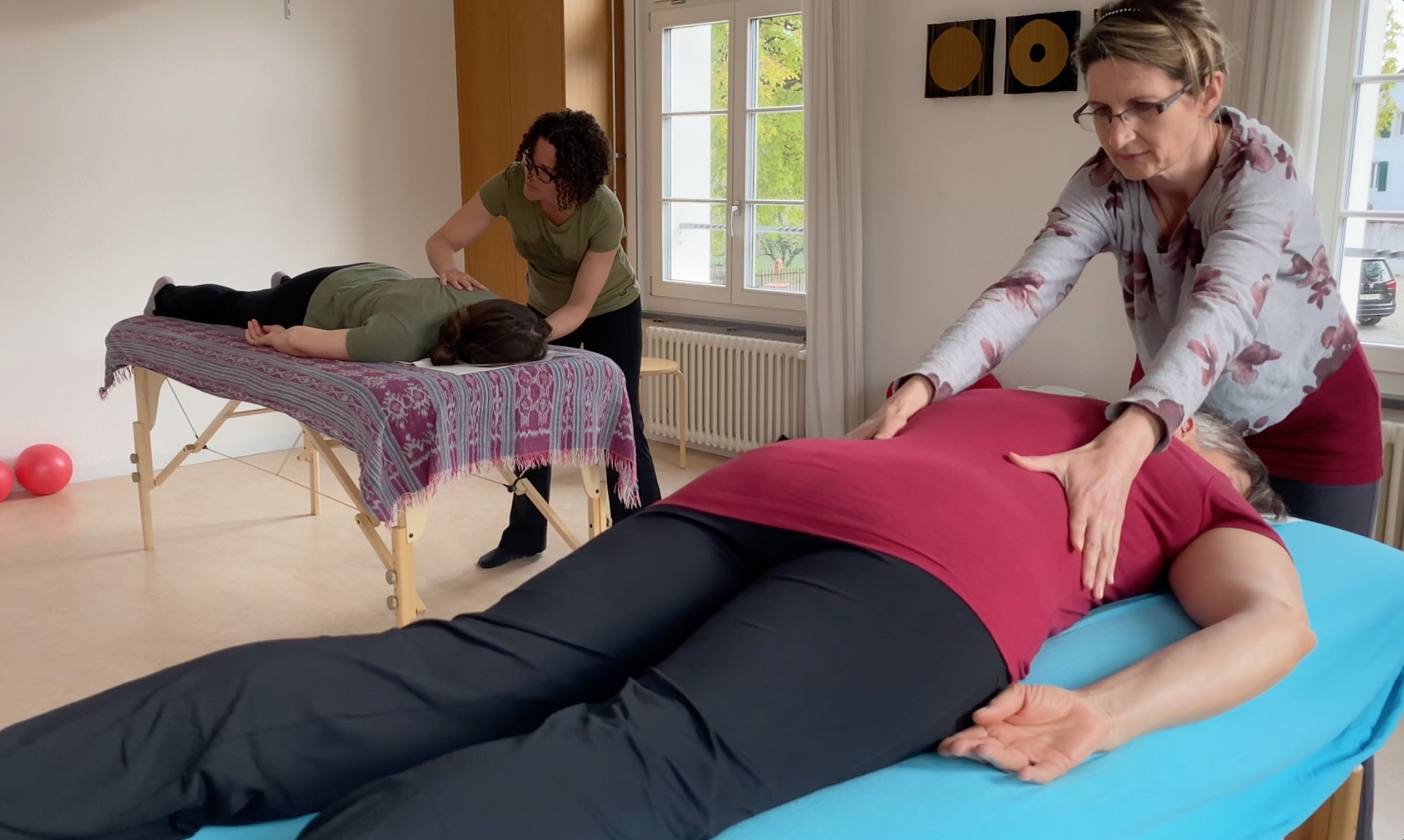
Who is the training to become a respiratory therapist aimed at?
Training to become a respiratory therapist is aimed at people who are interested in therapeutic work and health issues. Of course, you also need to have a specific interest in breathing work if you want to complete a breathing therapy training course. As this is a continuing education, further training course, participants need a vocational qualification or high school diploma and must be at least 25 years old. A certain amount of professional and life experience is also required. There are no other requirements - so no previous medical knowledge is needed. This is because the course is designed so that you can learn respiratory therapy from scratch from day one of the course.
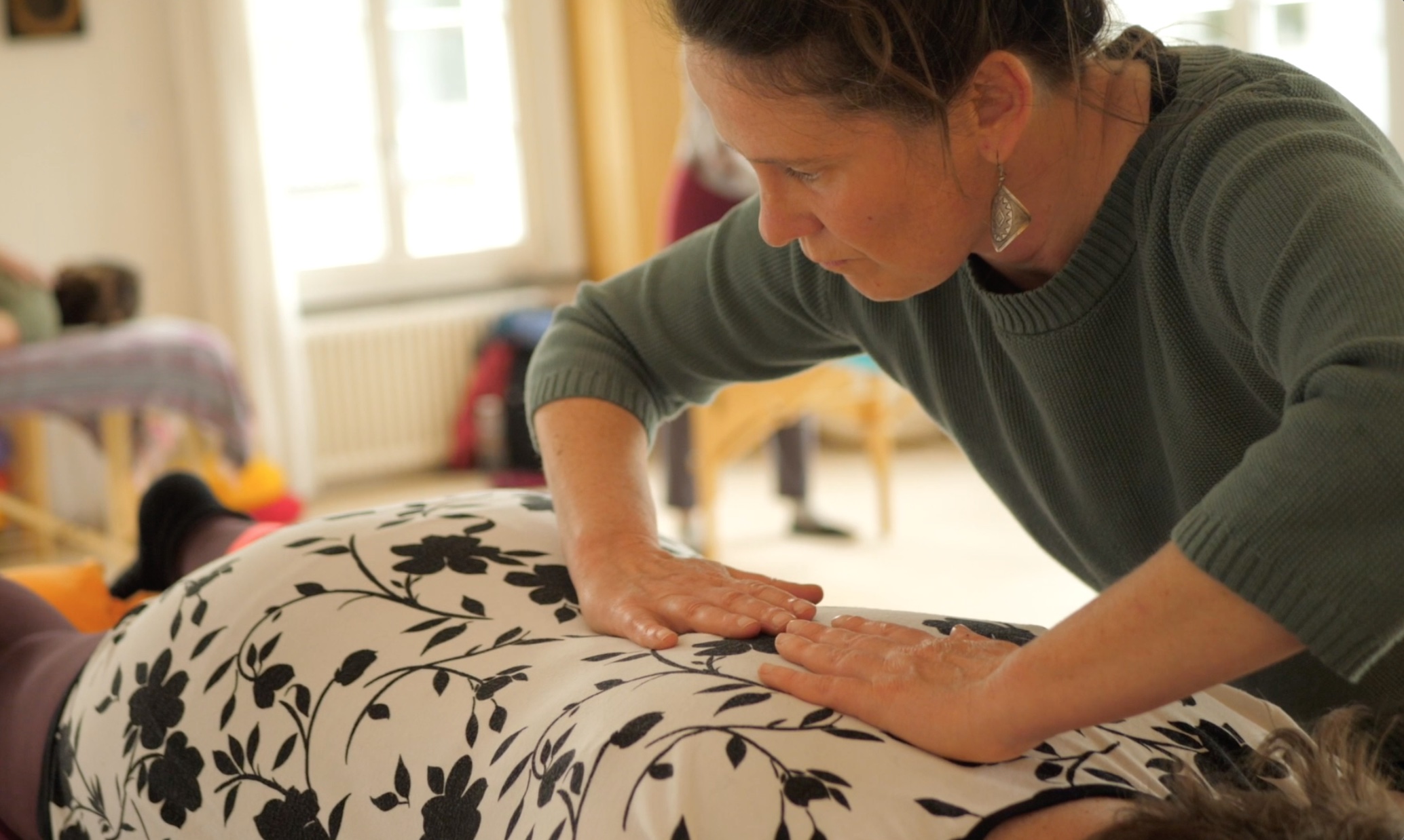
What type of person do you need to be to work in respiratory therapy?
To work in respiratory therapy, you need to be interested in people and their health concerns. You should also have empathy. As a respiratory therapist, however, you must not be afraid of being touched, as this is bodywork with other people. You also need to be open to personal processes, as this type of training always triggers personal processes.
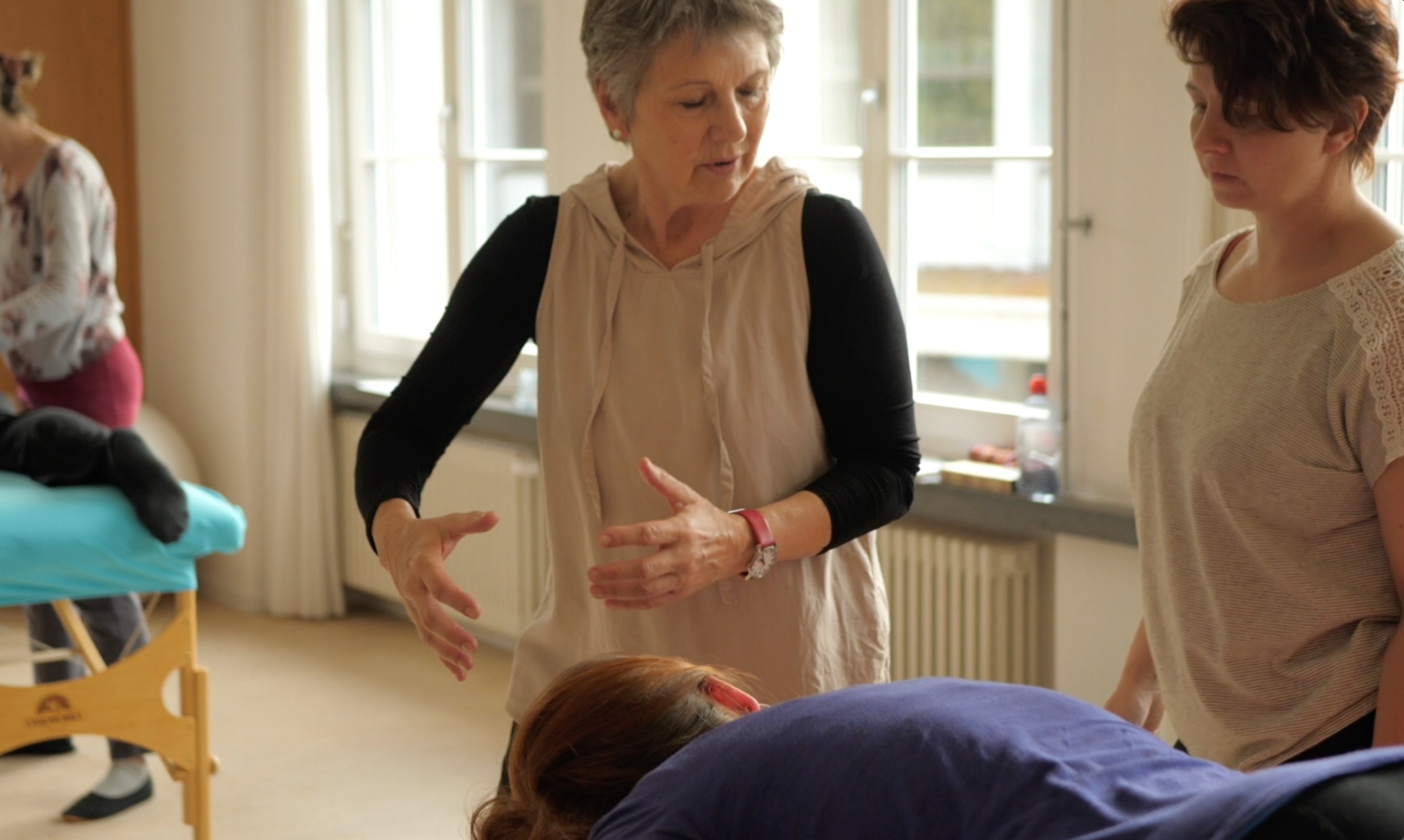
What do you learn during respiratory therapy training?
During the breathing therapy training, you learn the difference between breathing as an anatomical or physiological function and the breath with its relation to the whole person or psychological aspect. All the basic elements of breathing therapy are taught during the training. These also include therapeutic work, mindfulness, body awareness, self-efficacy and self-awareness. You learn how to work with people - individually or in a group - as well as a therapeutic attitude in the form of therapeutic thinking and action. Breathing treatments, breathing exercises, breathing in movement, breathing meditation, reading the breath and movement pedagogy are also important topics in the training to become a respiratory therapist. An important aspect of our training is meridian theory with meridian treatments. These are the most important learning contents of the first two modules of the breathing therapy training.
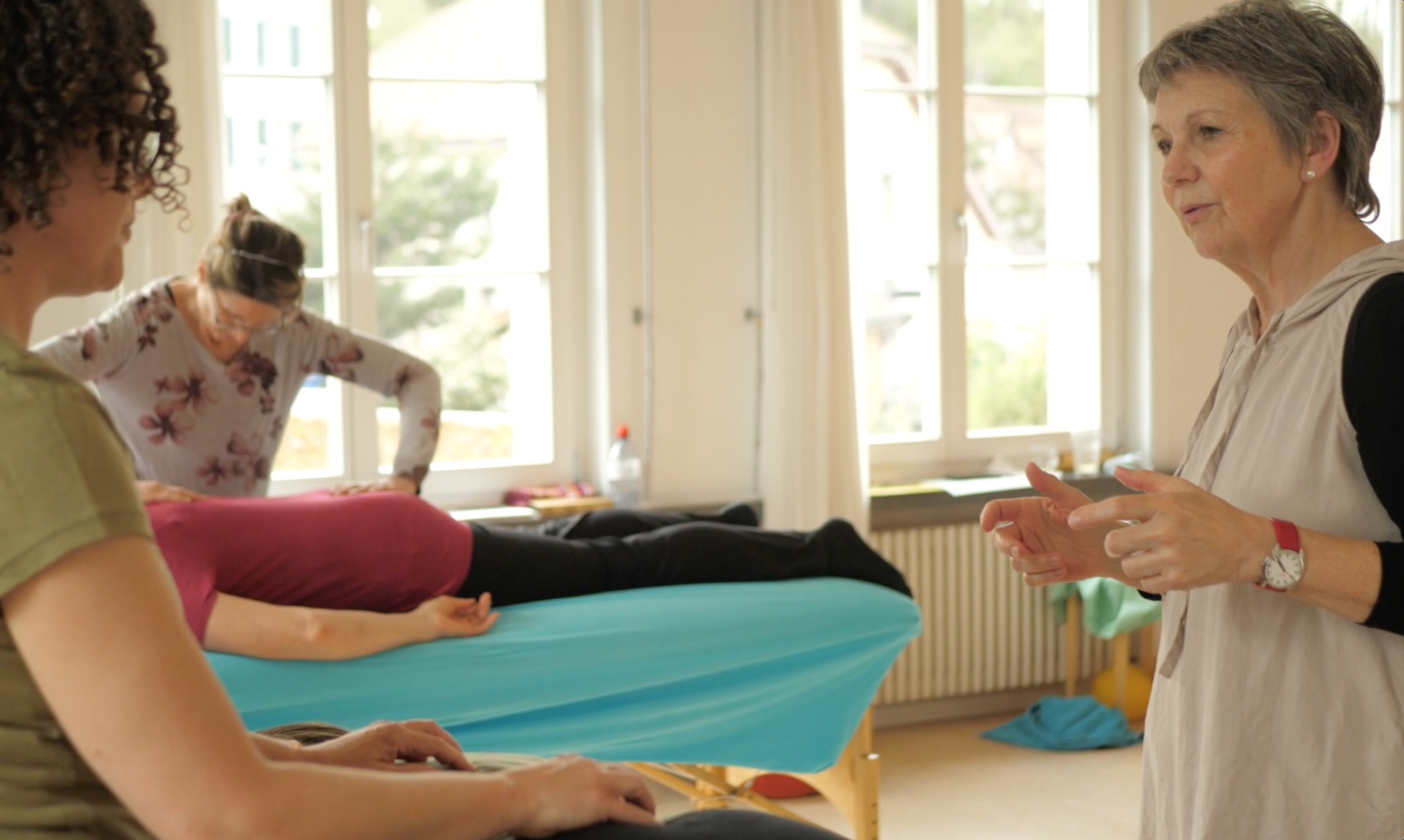
How long does the training to become a respiratory therapist take and how is it structured?
The breathing therapy training lasts 3 years up to the method diploma. This diploma confirms the skills learned as a respiratory therapist and is recognized by the health insurance company in addition to the completed basic medical training in the field of complementary therapy. The three-year training comprises two stages over three modules - two modules at the basic level and one specialist module at the advanced level. The first two modules are creative seminars that involve a lot of movement, meditation and treatment. They teach the basics of breathing therapy - largely through self-awareness. The third module then covers specialist topics such as communication, the therapeutic conversation, the psychotherapeutic concept, psychosomatics, diagnostics, clinical pictures and client work, as well as their integration into breathing therapy. Not everyone continues after the first two modules. However, those who start the third module (with more frontal teaching than the previous two) usually go all the way to the industry certificate.
Are there any further qualifications in the field of respiratory therapy?
An industry certificate in respiratory therapy can be completed with the method diploma. In addition, there are the medical basics, social science basics and professional basics. An internship is also required, which is partly integrated into the training. LIKA guides people who wish to complete this to the industry certificate. This identifies you as a complementary therapist according to Oda KT (Organization of the Working World for Complementary Therapy) and not as a pure respiratory therapist. The industry certificate is also the important intermediate step before the Advanced Federal Professional Examination (AFPE). This is not compulsory, but offers a further very interesting development path to becoming a federally certified respiratory therapist.
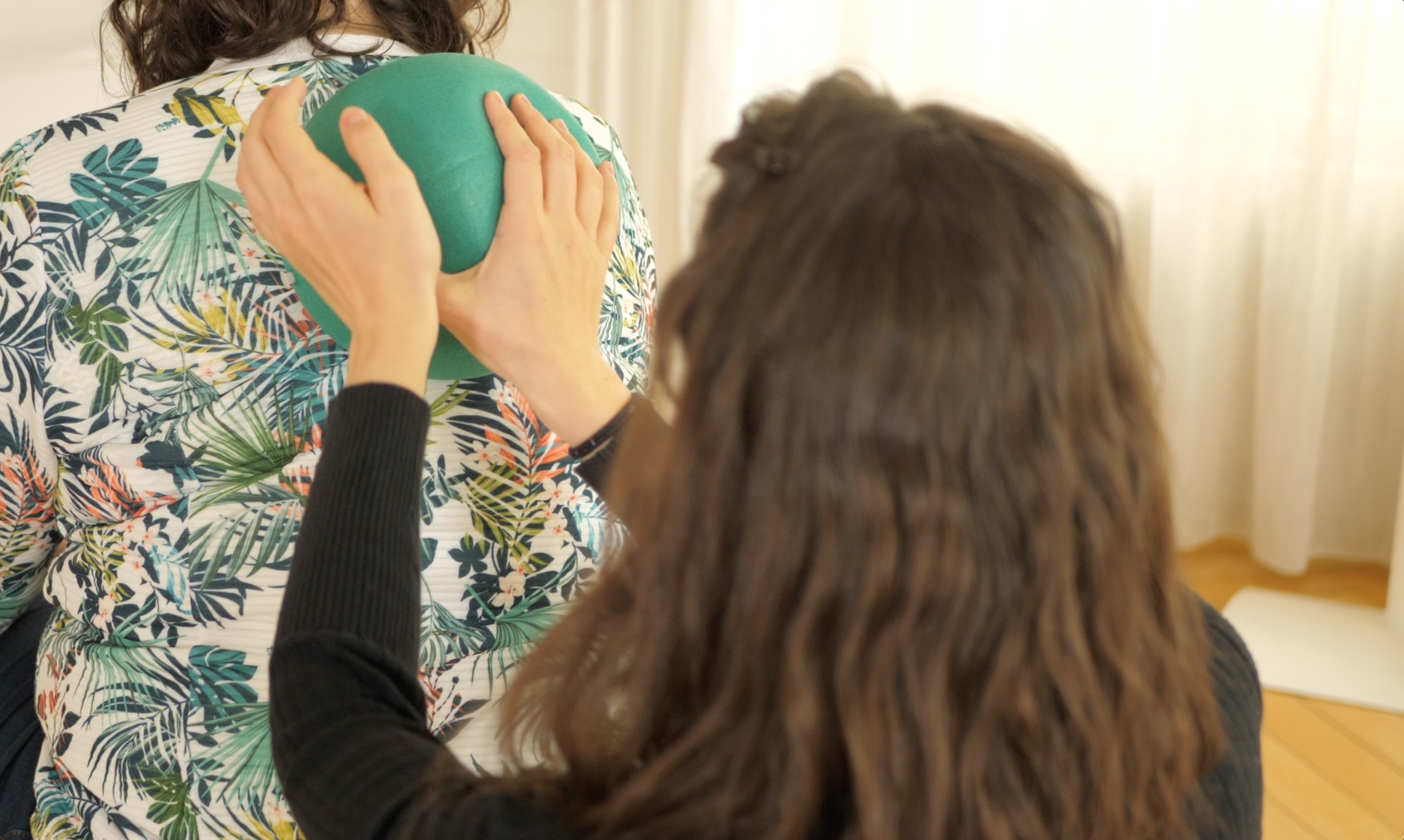
What options do you have with the individual degrees?
With the industry certificate in respiratory therapy, you have the opportunity to work independently as a respiratory therapist in a practice. Employment in rehabilitation clinics or in psychosomatic or psychiatric clinics is also a possibility. At the moment, there is no difference between the industry certificate and the Advanced Federal Professional Examination (AFPE), which has been possible for about five or six years. However, this may change in the future. Perhaps the federal examination will become compulsory in this professional field.
What examinations are there during the training in respiratory therapy?
There are various examinations in respiratory therapy training. These are primarily the individual module qualifications. Module one is a kind of assessment of your current status - you can't really call it an exam yet. Module two is the first real exam, in which you treat unknown people who are provided by LIKA and work in groups. The overall final exam after the entire breathing therapy training is then a theory exam as a written part, as well as leading a group for an hour and treating a client. This allows you to obtain the method diploma, which is recognized in the field of complementary therapy.

How much does the training cost?
Training in respiratory therapy at LIKA costs just under CHF 25,000 and includes all costs from the admission interview to the introductory seminar and examination fees. Only travel costs are then incurred. Later, the costs for the Tronc Commun and basic medical training as well as possibly the industry certificate and Advanced Federal Professional Examination (AFPE) are added separately. However, part of the training costs are reimbursed as a federal subsidy if the Advanced Federal Professional Examination (AFPE) is passed - whether you pass it or not.
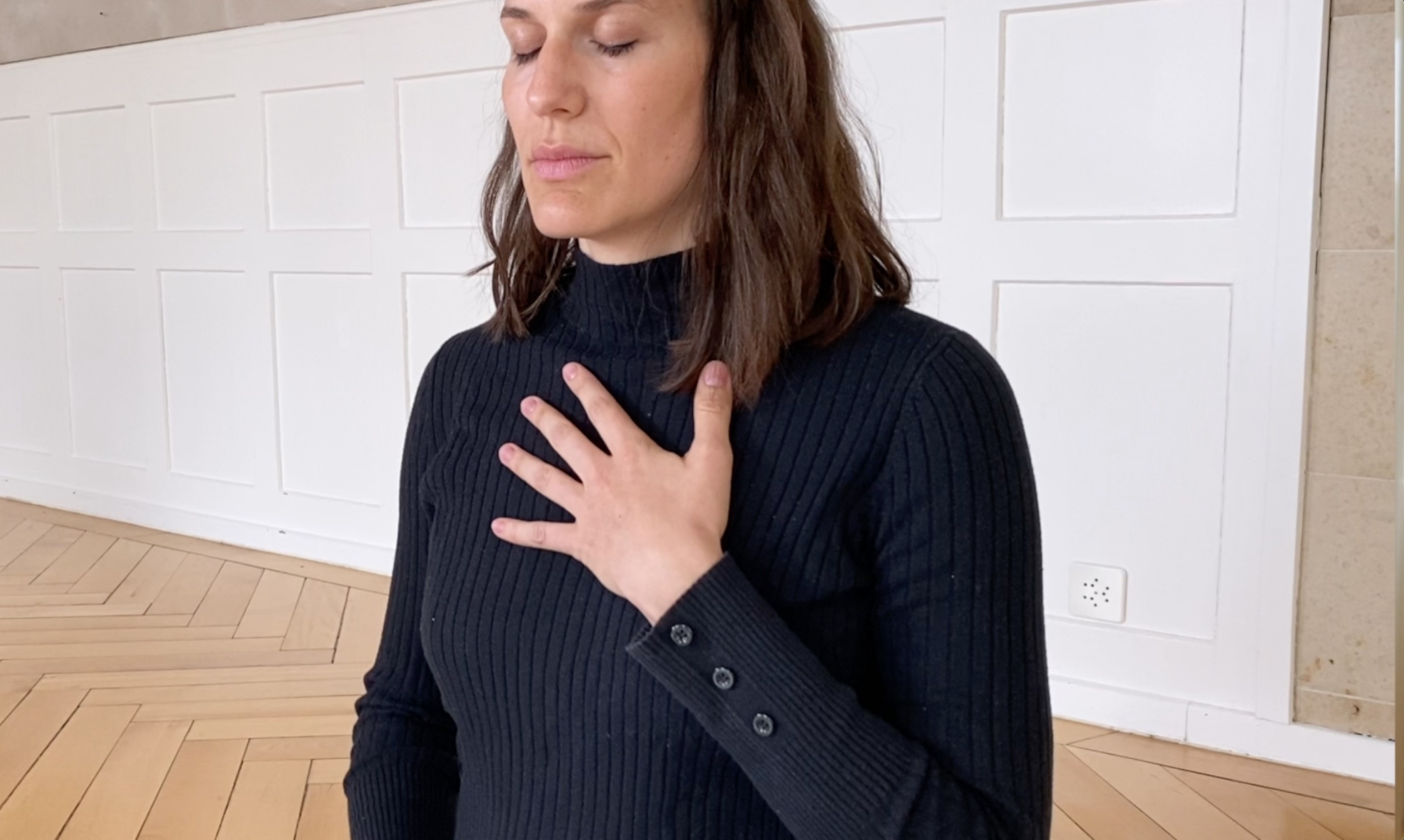
Why is LIKA an innovative educational partner in the field of respiratory therapy?
LIKA Fachschule has been offering respiratory therapy training for over 30 years and has naturally changed during this time. There is a tradition, but it is not fixed and is constantly evolving. New trends and inputs have been added and this will continue in the coming years. Our classes are not too big. We are characterized by a high level of personality. This means that our students are not just a number or a name, but we know them very personally and provide them with close supervision and support during their training to become a respiratory therapist. But we also continue to support them on their path to professional activity. The relationship between lecturers and students is very good and takes place on an equal footing. We have a very creative and informal atmosphere and the students really enjoy coming to us. The course can be completed alongside work and family life. The seminar takes place once a month on Friday and Saturday from nine to five o'clock. This creates fixed framework conditions due to school hours.
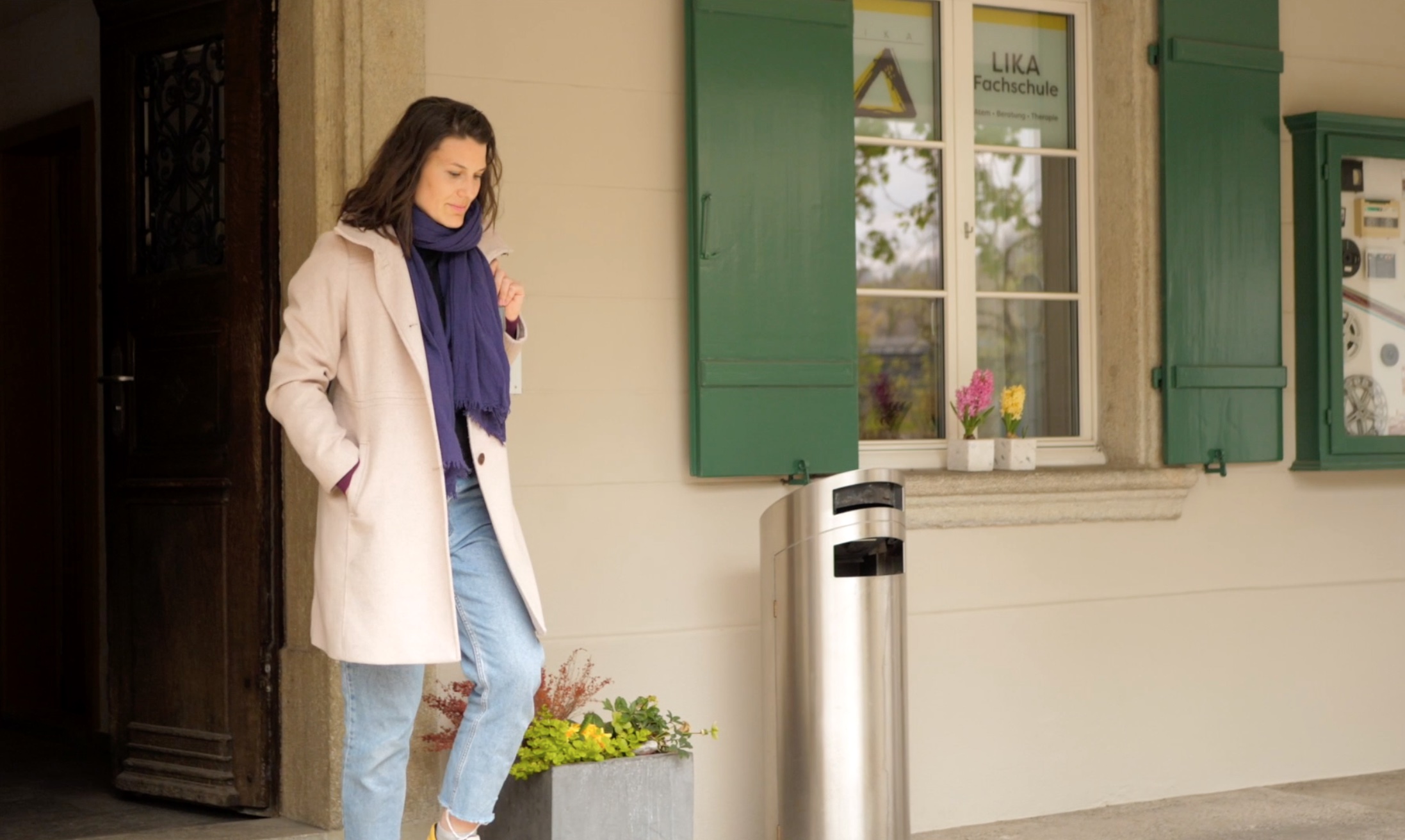
What is the location and position of LIKA?
LIKA's location is somewhat remote, not centrally located in a town. But Stilli near Brugg is easy to reach, as there is a bus from Brugg every half hour. Brugg is also roughly halfway between Aarau and Baden. The town of Brugg is very easy to reach. We are located in the countryside next to the River Aare. It is very quiet here and this supports the atmosphere of the school and the respiratory therapy training very well. The school is also located in an old, historically protected building, which offers a lot of atmosphere and space as well as beautiful rooms for all kinds of lessons. This is also very much appreciated by our students. When they are with us, they feel like they are away from their everyday lives. They find peace and quiet and can concentrate on themselves and their studies. You can also go swimming in the Aare at lunchtime. There is an outdoor area with seating in front of the school. Our students particularly appreciate the quick access to nature and the relaxed atmosphere.
